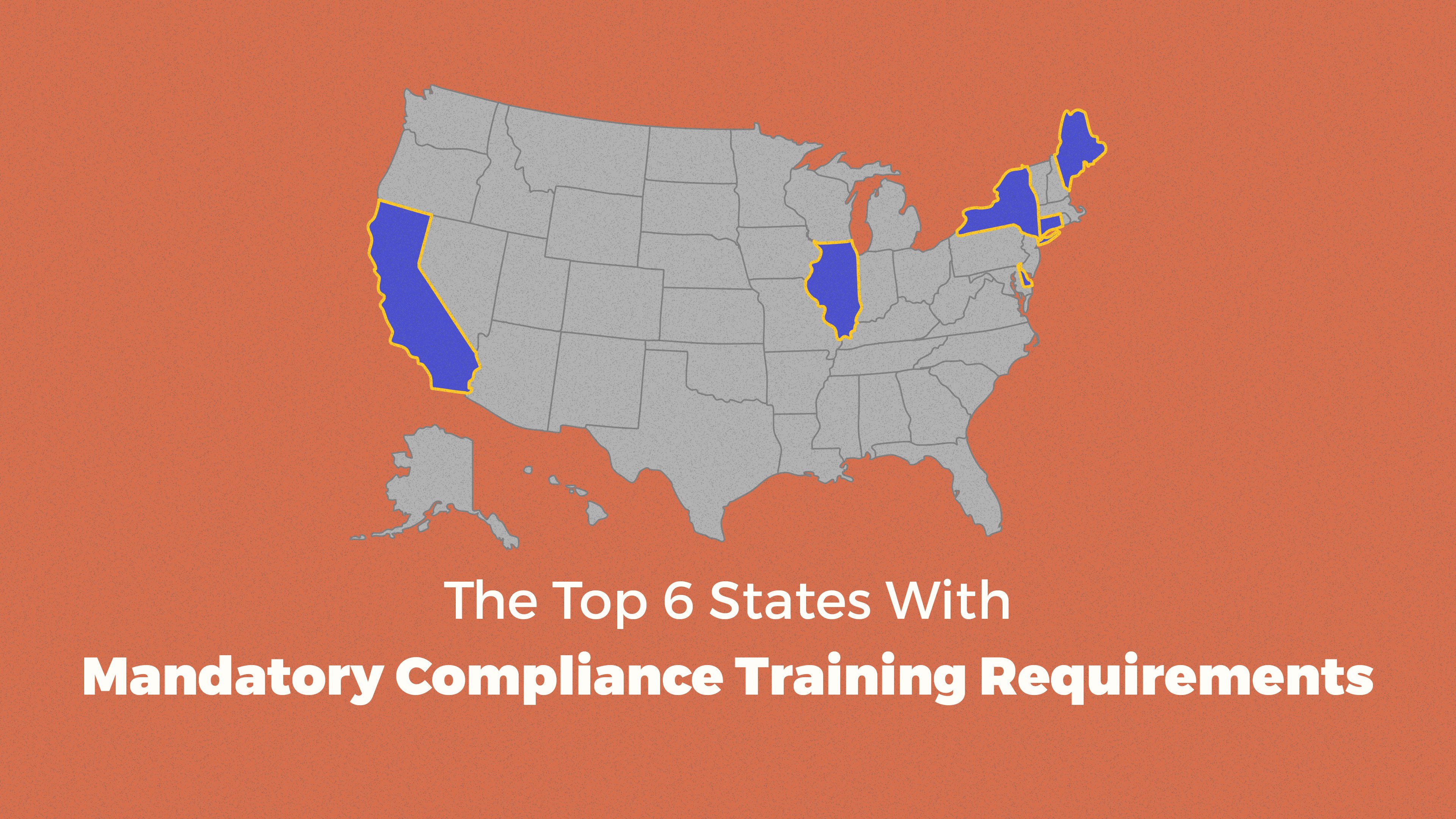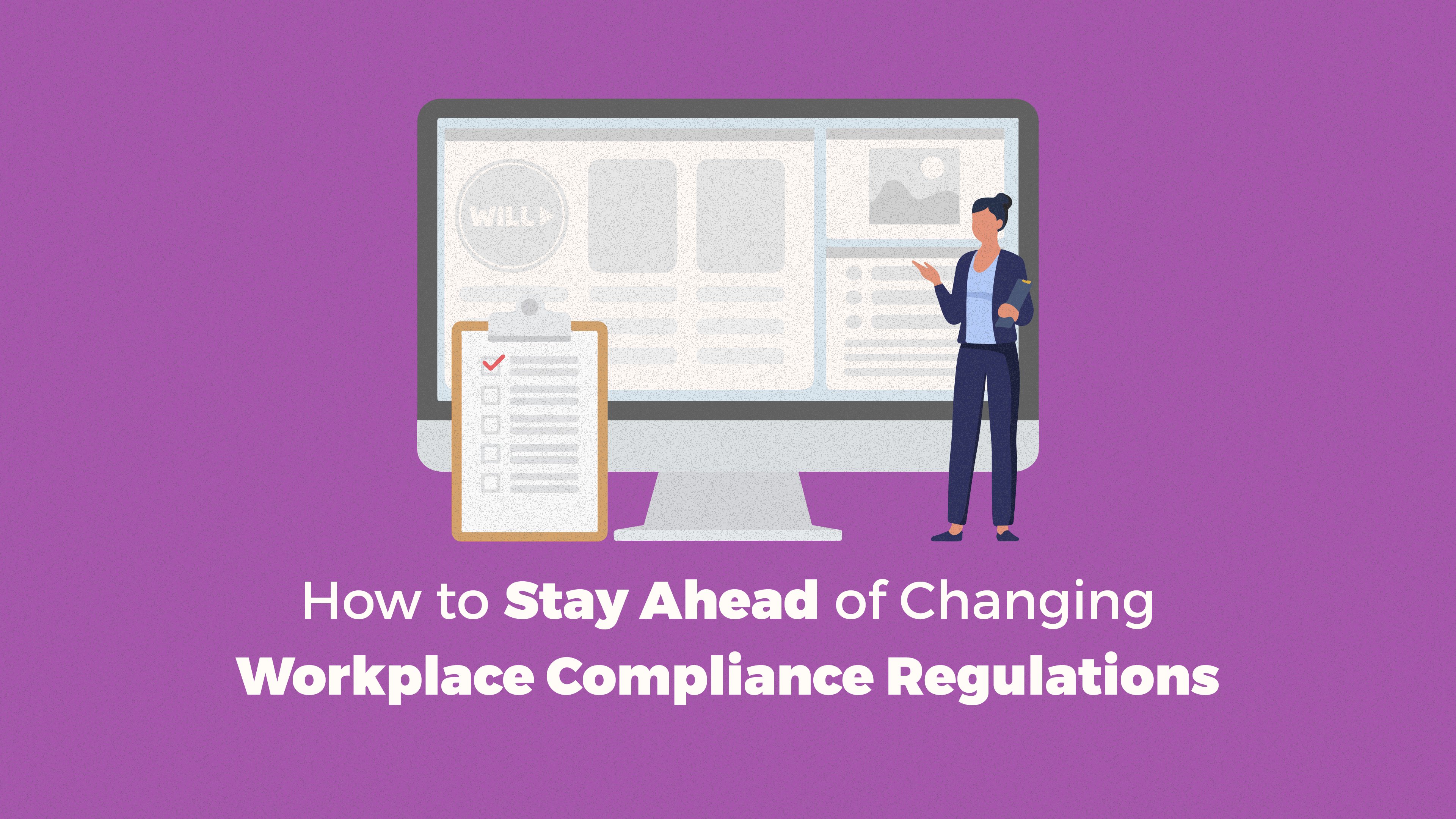With what we traditionally consider the “holiday season” well in the rear view mirror and spring right around the corner, it may seem like an odd time to reflect on the stress that can accompany the holiday season in any workplace – unless you consider that the first and most important factor in creating a sense of inclusion and belonging during the holidays is, well, maintaining a sense of inclusion and belonging all year long.
Inclusion and Belonging
Inclusion, as we know, is the action of supporting employees so they have a sense of belonging and value at work.
Ah, and there’s that word belonging. Belonging is a byproduct of inclusion, and it means that we are deeply tied into our team, and we trust that we are an accepted, supported, and valued member of that team.
How do we connect these things?
Some ways to apply these concepts to the traditional holiday season:
- Know your people.
Religion plays an important part in many peoples’ lives, but not everyone approaches the holidays from a religious perspective. A recent Gallup poll suggests that more than 30% of the U.S. population identifies as “not religious.” Survey employees to find out what holidays are important to them and how (and why) they celebrate. You may be surprised at what you find – and whatever you find, you can use it to plan inclusive celebrations, establish equitable leave policies, and make other appropriate adjustments. - Make it voluntary.
Any celebrations or events you plan (like a holiday party or gift exchange) should be opt-in/opt-out. This requires good planning and communication, but it’s worth it. In a workplace that prioritizes inclusion and belonging, people feel comfortable choosing which events to attend, knowing they won’t be judged or penalized in any way for those decisions. - Offer flexible holiday leave.
Giving employees a choice about when they can take holiday leave creates an opportunity to emphasize your regard for diverse belief systems and customs. Be respectful of this time, taking care not to disrupt holiday observances with emails, reminders, and etc. while employees are away.
Think beyond the traditional
There are holidays and other notable non-religious observations throughout the year that may be important to individuals in your workplace. Observances such as Juneteenth, Cinco de Mayo, Veterans Day, and Chinese New Year are opportunities to acknowledge and celebrate the diversity of your team.
It might seem like a stretch, but commemorations such as International Women’s Day, LGBT History Month, and Black History Month can also be opportunities to emphasize that inclusion and belonging are important to your organization all year-round.






